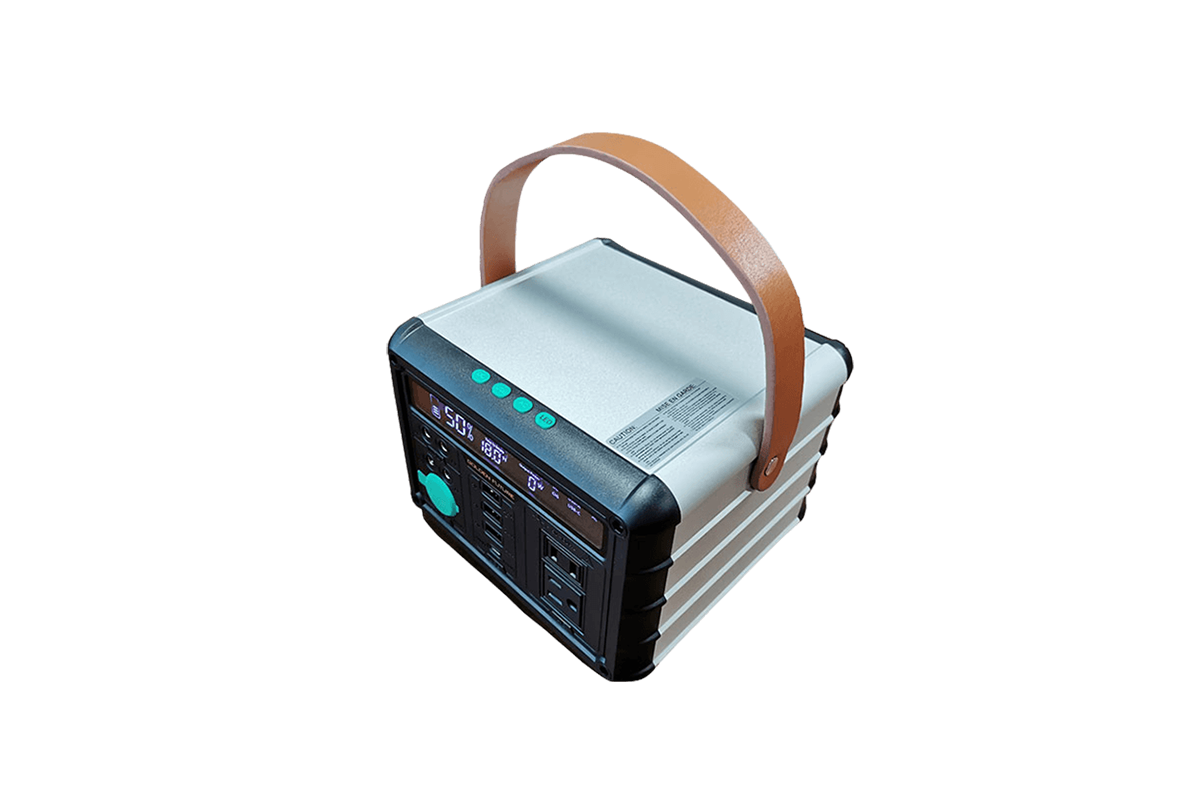

Time:2025-09-19 Views:1

Sodium - ion batteries (SIBs) have emerged as a promising alternative for large - scale energy storage systems, especially when considering their cost - effectiveness, abundant sodium resources, and environmental friendliness. In the realm of energy storage, where reliability and efficiency are paramount, the Battery Management System (BMS) plays a crucial role in optimizing the performance of sodium - ion batteries.
The BMS for sodium - ion battery - based energy storage systems is designed to monitor, control, and protect the battery pack. One of its primary functions is voltage monitoring. Sodium - ion batteries have specific voltage ranges for safe and efficient operation. The BMS constantly measures the voltage of each cell within the battery pack to ensure that it remains within the optimal range. If a cell's voltage deviates from the normal level, the BMS can take corrective actions, such as adjusting the charging or discharging current, to prevent over - charging or over - discharging, which can significantly reduce the battery's lifespan.
Current management is another key aspect of the BMS. It controls the flow of current during charging and discharging processes. During charging, the BMS ensures that the charging current is appropriate to avoid overheating and damage to the battery cells. When discharging, it regulates the current to meet the power demands of the connected load while safeguarding the battery's health. Additionally, the BMS is responsible for temperature monitoring. Sodium - ion batteries are sensitive to temperature changes, and extreme temperatures can degrade their performance and safety. The BMS uses temperature sensors to continuously monitor the temperature of the battery cells and, if necessary, activates cooling or heating mechanisms to maintain an ideal operating temperature.
Furthermore, the BMS provides protection against various faults, such as short - circuits and over - currents. In the event of a short - circuit, it can quickly the electrical connection to prevent damage to the battery cells and potential safety hazards. It also manages the battery's state of charge (SOC) and state of health (SOH), providing accurate information to the system operator. This data is invaluable for predicting the battery's remaining capacity, scheduling maintenance, and optimizing the overall energy storage system's performance. the synergy between sodium - ion batteries, energy storage applications, and the BMS management system is essential for realizing reliable, efficient, and long - lasting energy storage solutions.
Read recommendations:
Model Designations in Lithium-Ion Battery Labels